 My note taking and letter writing desk. My Walt Whitman Box seems to be right at home.
My note taking and letter writing desk. My Walt Whitman Box seems to be right at home.For the last week or so I've been taking a lot of notes in preparation for teaching the course in Modern Poetry in the Fall. It's a 300-level course, so class periods are going to have to be devoted to considerably more than asking the students, "What do you think this means?" Truthfully, I can't think of an artistic movement more complex or confusing than Modernism, and the last thing I want is for the students to throw their hands up in despair.
Last night I worked on Hart Crane and Wallace Stevens. I still have a lot to sort through regarding Stevens, but I wanted to tackle Ezra Pound this evening. This is the desk where I do my note taking and prepare my lesson plans. I write letters at this desk, as well. Occasionally I grade papers here, too, although in winter I most often do that in a cozy chair beside the wood stove.



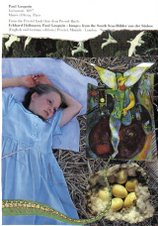


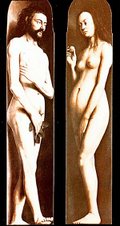

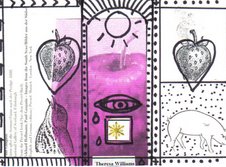
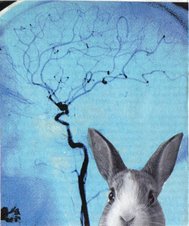
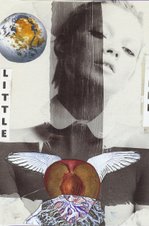
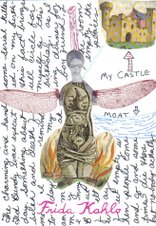
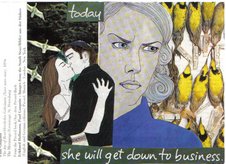

9 comments:
My modern poetry courses contained some of the most influential readings in my spiritual and writing life. Just the other day I was thinking about T.S. Eliot and Ezra Pound. Good luck.
Gretchen
Gretchen, I would love for you to share some of your experiences with modern poetry. To say it influenced your spiritual and writing life is really big: I would love to know more. Anyone else, too!
Without an extended thesis on modern poetry, suffice it to say that beyond Shakespeare, Homer and Dante, this formed the spine of my passion for poetry:
Ezra Pound, T.S. Eliot, Yeats, Emily Dickinson, e.e. cummings, William Carlos Williams, James Joyce, W.H. Auden, Theodore Roethke,and Dylan Thomas are the ribs. Whether in ecstasy or at the darkest hour, I continue to hear and review passages of their poems. These are poems I analyzed and dissected intellectualy as a highschool and college student. But then and now they are poems that sustain me and give meaning. When the world was breaking apart, not only the structure of the poem was questioned, but the will of these poets to experiment and break free was insistent. This is required of all great art. A professor may have thought I was not listening, but I devoured everything. I read like a fiend. Although the merits of the individual poem, and its intrinsic value, each poet's political stance, social conscience, or life challenge were studied, what the poem meant to me became part of me. They continue to influence and inspire. They are the home fires that I return to over and over again.
Gretchen
Two roads diverged in a wood, and I—
I took the one less traveled by,
And that has made all the difference.
Robert Frost
How could I leave out Frost? These lines are a divine dictum I recite to my children.
Gretchen
What an inviting place to put pen to paper, and write! I love your desk. It's beautiful, and I can see how The Muses would visit you there.
Judi
Theresa--beautiful desk! Good luck with Pound. I struggled with him when I took modern poetry. (I just remembered the other day that you had asked about my modern poetry class with John Wylam. I'll dig through my college papers and see what I can find on the course this weekend!)
Stevens' "Thirteen Ways of Looking at a Blackbird" is a great poem and a great vehicle for engaging with modernism, fragmentation, the struggle to make meaning as an end in itself etc....
I love your desk. Much cozier than my 1950s kitchen table....
Phil, you are so right. That poem would bring it home to the students and in a most delightful way, too. Thanks for the reminder.
Hi, Theresa -- John Wylam now from Toronto. Teaching Modern Poetry, eh? Too cool. Let me know if I can help -- the old AOL e-mail address still works. All Bright Blessings.
Post a Comment